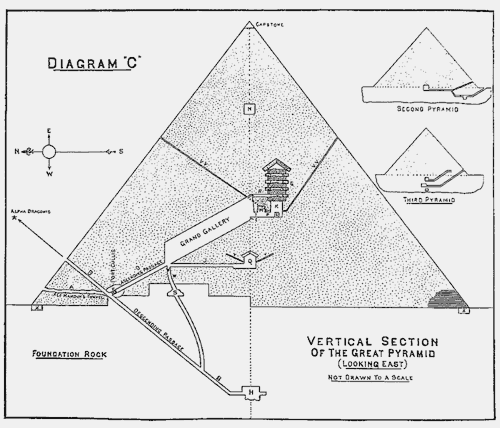We are told in the Word of God, that the angels watch God's children to learn things about God that they can learn in no other way. Peter wrote, "Unto whom it was revealed, that not unto themselves (the Old Testament prophets), but unto us they did minister the things, which are now reported unto you by them that have preached the gospel unto you (the New Testament apostles) with the Holy Ghost sent down from heaven; which things the angels desire to look into" (1 Pet. 1:12).
Others who are responsible to watch born again believers, are the God-appointed shepherds of His flock. Luke wrote, "Take heed therefore unto yourselves, and to all the flock, over the which the Holy Ghost hath made you overseers, to feed the Church of God, which He hath purchased with His own blood" (Acts 20:28). Paul wrote, concerning the qualifications of bishops (shepherds, pastors, elders), "One that ruleth well his own house, having his children in subjection with all gravity; for if a man know not how to rule his own house, how shall he take care of the church of God? (1 Tim. 3:4-5).
Most importantly, God is watching us! And what do you thing He is focusing upon? Believe it or not, it is not your prayer life, your giving, or whether or not you are in church every time the "doors are open." He is watching how we treat each other! Jesus summed up all of the Commandments in one new Commandment: "Thou shalt love thy neighbor as thyself" (Mt. 5:43-48; 7:12; 22:40; Rom. 13:8-10; 1 Thes. 3:11-13; 1 Tim. 1:5; 1 Jn. 3:23). In fact, how the Gentiles treated the Jews during the Tribulation, is the basis of His judgment (Mt. 25:31-46).
If you feel like you are being watched, you are not being paranoid!



